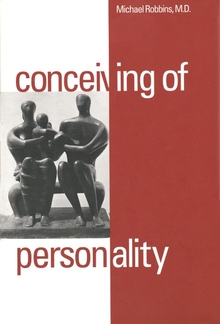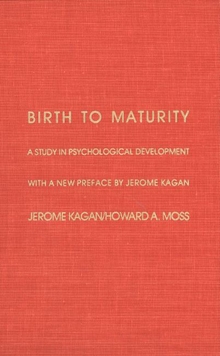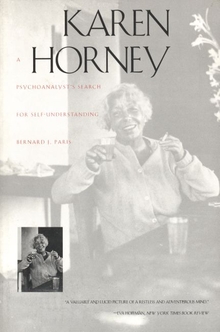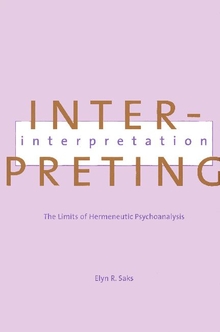Conceiving of Personality
WARNING
You are viewing an older version of the Yalebooks website. Please visit out new website with more updated information and a better user experience: https://www.yalebooks.com
Michael Robbins
Dr. Robbins addresses these limitations from the perspective of philosophy of science, focusing on the paradigm shift from logical positivism, which seeks to reduce complexity and diversity to its presumptive causal building blocks, to the postmodern emphasis on pluralism and on relativistic, contextual, evanescent knowledge. He examines the implications of this shift for the disciplines that study human nature-neuroscience, psychoanalysis, gender studies, anthropology, and sociology. After considering whether typical personality has changed over historical time and studying the cross-cultural diversity of human nature, the relationship of gender to personality, the spectrum of personality variability within Western culture, and the relationship of the contextual embeddedness of the conceiver to his or her theory, he proposes a dialectical conception of personality based on systems and chaos theories that respects its multiple guises and circumstantial richness of content without abandoning the quest for universal principles of organization and development.
"This unique and fascinating book will be greeted enthusiastically not only by psychoanalysts, psychotherapists, psychiatrists, and psychologists but also by philosophers, anthropologists, and historians of science."—Edward F. Foulks, M.D., Ph.D.
"Eminently readable. . . . No reader can come away from this book without having a fuller understanding of the debates in the realm of philosophy of science and a greater appreciation of what they mean for psychoanalysis."—Joyce A. Lerner, American Journal of Psychoanalysis
"Recognizing the paradigm shift from the positivistic view that there is an 'essence of personality' to the postmodern perspective of the 'relativity, perspectivism, indeterminacy, contextuality, subjectivity, and intersubjectivity of our personalities', the author, a psychoanalyst, seeks to present a 'creative synthesis' based on general systems theory and complexity theory. He examines the implications of this shift for neuroscience, psychoanalysis, gender studies, anthropology,and sociology."—Bulletin of the Meninger Clinic
"This scholarly book is eminently readable. Robbins writes clearly and evocatively. . . . No reader can come away from this book without having a fuller understanding of the debates in the realm of philosophy of science and a greater appreciation of what they mean for psychoanalysis. . . . Conceiving of Personality is a gift to readers who wish to develop a conceptual grasp of the philosophical dilemmas facing psychoanalysis today. It will be welcomed equally by those learned in these spheres who have long been grappling with these issues."—Joyce A. Lerner, Fortda, The Journal of the Northern California Society for Psychoanalytic Psychology
"The book provides a valuable perspective that is very much needed. It clarifies the subject of personality while alerting us to the narrowness of the traditional Western model. The result is a broader view."—Arthur J. Deikman, M.D.,The Journal of Nervous and Mental Disease
Publication Date: September 25, 1996








